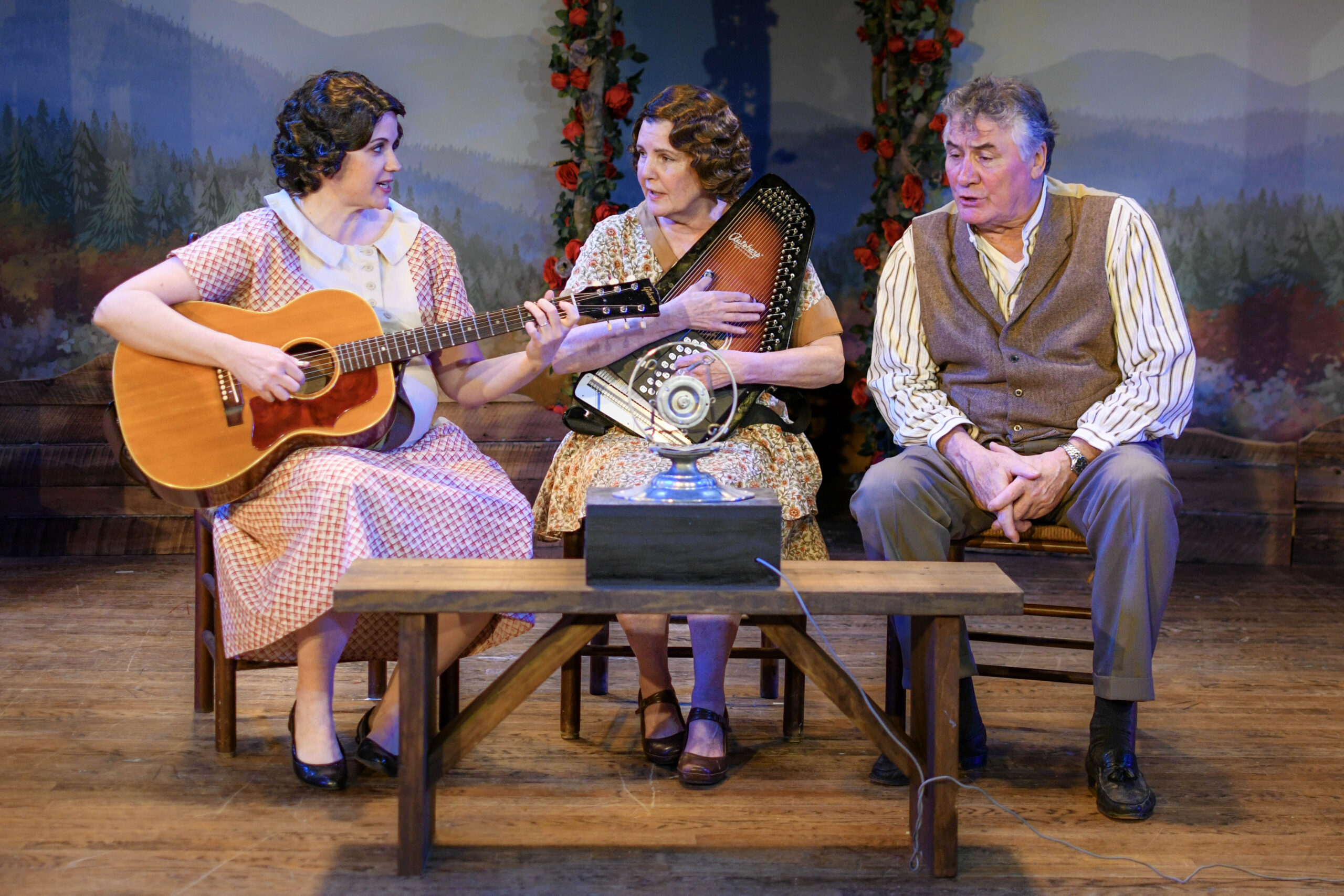 The Benefits of Exposing Children to Music at an Early Age
The Benefits of Exposing Children to Music at an Early Age
Early exposure to music not only enhances children’s ability to create and enjoy music, but research shows it also fosters brain development. From high-quality music education at schools to continuing the learning at home, engaging in music provides children with a fun way to gain confidence, develop motor skills and build a strong foundation for learning and reading.
“It’s easy to see how much children enjoy music by watching them move to the beat or clap their hands, but not everyone realizes the long-term benefits of early exposure and high-quality music education at a young age,” says Gloria Julius, Ed.D., vice president of Education and Professional Development at Primrose Schools. “When we provide musical experiences to early learners, they are building important social, emotional, physical and cognitive brain connections, which positively impact overall brain development.”
Social and Emotional Development
Musical activities nurture children’s emotional and social development and motivate them to cooperate with one another. Music can draw out the shyest child and make him eager to participate in group activities such as singing and dancing, fostering self-confidence along the way.
Physical Development
Moving to music, learning rhythm and playing musical instruments all help children enhance their gross and fine motor skills. Songs, poems and rhymes that have accompanying movements help children of all ages learn and remember new words while enhancing physical development.
Cognitive Development
Preschool songs help young children build their memory skills, learn new vocabulary and provide opportunities to practice sequencing words and phrases in a fun and meaningful way. Research using brain scans shows that learning to distinguish sounds in music helps children discriminate sounds of language. And, music instruction has been proven to improve verbal memory, which is the key to reading comprehension. In general, children who have music training tend to have significantly better verbal learning and retention abilities.
Knowing this impact, Dr. Julius recommends these simple games and activities to continue musical fun and learning at home:
• Sing the first line of a familiar song. Have your child sing the next line. Continue taking turns. This activity not only builds verbal memory, but also develops listening skills and concentration.
• Start with a familiar song like “Wheels on the Bus” and insert new words you and your child make up to replace the original ones. Together, you can invent a gesture for each word and enjoy the giggles that follow.
• Play a game that teaches careful listening with one of your child’s favorite songs. Move creatively to the music, then stop the song at random. When the music stops, freeze! When the music starts, begin moving again.
• Have an old-fashioned jam session! Grab some instruments, cue up some music and play, play, play. There’s nothing better for your child’s self-esteem!
Primrose Schools is a national family of accredited, early education and care schools serving children, parents and local communities with a purposeful, balanced approach to nurturing Active Minds, Healthy Bodies and Happy Hearts®. To learn more about a Primrose School in your area, and its exclusive music curriculum, visit http://www.primroseschools.com/locations/richmond-metro or call 1-800-Primrose. For more parenting tips, visit our 360 Parenting blog at www.PrimroseSchools.com/360Parenting.
# # #






